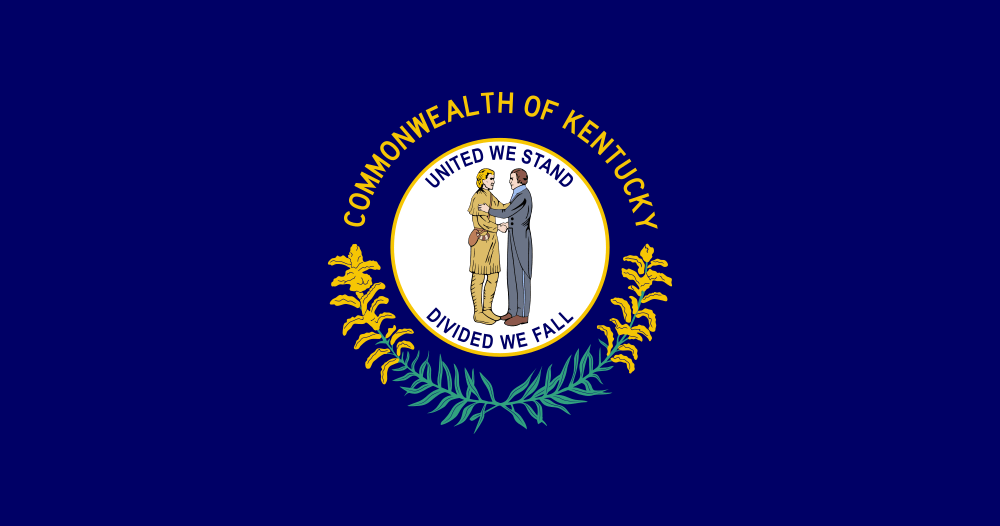
The 7 Best Benefits You Get as a Military Spouse
Being married to a member of the military has many advantages. Several perks are available to military spouses, including health insurance, educational grants, and hiring preferences.
Let’s learn about the seven best benefits you can enjoy as a military spouse.
Health Care Insurance
Tricare, the military’s healthcare program, is available to active-duty service members and their families. Spouses and other family members are eligible for various services, including mental healthcare, preventative care, and dental and vision care. Depending on your chosen plan, health care coverage, expenses, deductibles, and co-pays will vary.
MyCAA Scholarship
The My Career Advancement Account Scholarship program is among the most attractive for military spouses. They can get up to $4,000 in financial assistance to acquire a certification, a license, or an associate degree at any MyCAA Program-approved school.
Spouses of reserve, guard, and active-duty members with W-1- to W-2, O-1 to O-2, and E-1 to E-5 are eligible. However, they can only apply for the program while their spouse is under Title 10 military orders.
FSGLI: Family Servicemembers’ Group Life Insurance
Family Servicemembers’ Group Life Insurance, or Family SGLI (FSGLI), provides coverage for a service member’s spouse and any dependent children covered by full-time SGLI. You can receive up to $100,000 in coverage. You can contact your Military Personnel Office to get enrollment information.
MSP: Military Spouse Preference Program
The Department of Defense acknowledges that military spouses encounter significant problems due to repeated relocations. Therefore, entitled spouses of active-duty service personnel may get preferential employment placement in vacant DOD civilian posts through the Military Spouse Preference program. You can check out the DOD Civilian Career Portal for current openings.
Transferred GI Bill Benefits
Once they serve the required time, service members can transfer their education advantages to their children and spouses. Spouses can access GI Bill benefits for up to 15 years after the service member leaves the military. Children are eligible for these benefits until they reach the age of 26. Additional benefits, including monthly housing allowances, may be available to children. You can look for more information by contacting your installation’s Education Office and Veterans Affairs office.
Commissary and Shopping Benefits
Most military branches also provide non-monetary compensation, usually as a commissary. Children and military spouses can get groceries and food. Also, services or retailers near an army installation may provide services/goods and donate a percentage of their sales to military causes.
National Park and Federal Recreational Land Pass
Active-duty military personnel, dependents, and spouses are eligible for free annual passes to the National Park Service’s more than 2,000 recreation areas.
More Benefits
Welfare and Recreation: MWR provides a variety of free and low-cost possibilities, such as theatres, bowling alleys, and event passes, as well as childcare services and hobby stores.
Military Lodging, Hotels, and Travel: Being in the military requires transferring cities and countries every few years, allowing you to see the world. The United States military can station your family anywhere, from Japan to Hawaii. The military also gives Overseas Cost-of-Living Allowance (COLA) as additional compensation for your spouse.
There are many economical options for a terrific family getaway, ranging from beach cottages to mountain cabins. In addition, you can explore Space-A Travel if you are flexible with location and time.
Basic and Housing Allowance for Housing: Most military posts provide free accommodation, and if you reside off base, you will be compensated with a basic allowance for housing (BAH).
Legal Help: Spouses can access various free legal services through Military OneSource or legal aid centers. These programs might help you understand a lease agreement, prepare an estate plan, or get legal advice on adoption.
Marriage counseling: Military OneSource provides free, confidential therapy. Military Family Life Consultants (MFLC) are available on base at the Family Support and Readiness Center.
Financial Education and Resources: The DOD’s MilSpouse Money Mission provides free financial education and resources from professionals, licensed financial planners, and certified financial counselors.
License Transfer: Many states provide some license transfer benefits to military spouses, such as temporary or permanent licenses or accelerated procedures.
Career Opportunities: For military spouses, several job programs and activities are available, including opportunities through Hiring Our Heroes.
Unemployment Compensation because of PCS: Many states, but not all, provide unemployment compensation to military spouses owing to a permanent change of station.
How to Claim Benefits for Military Spouses
You can apply for these benefits only when legally married to military personnel.
In addition, a spouse must register with their spouse’s branch as an official staff.
Once you register, you will receive a military ID. But, you can only register for or acquire an army ID once legally married.
Will the Service Member's Retirement Income Be Continued After Their Death?
The award for the civilian ex-spouse will not continue after the service member’s death unless there is a special provision in the QDRO called the survivor benefit plan (SBP). SBP is a pension for retired service members that pays an income to an elected beneficiary.
Will a Former Spouse Continue Receiving Military Benefits After Divorce?
A former spouse (civilian) must present confirmation that the military spouse served at least 20 creditable years of service, was married for a minimum of 20 years and that the marriage was concurrent with the service to continue receiving benefits. A former spouse can only receive benefits if they fulfill this criterion. They can also benefit from TRICARE and outpatient and inpatient therapy at military treatment centers.
Final Thoughts
A military marriage also presents different stressors that civilian spouses may not typically face. However, military couples must work together to overcome the obstacles. Just be open and honest with each other, and when things get difficult, remember that you are not an ordinary couple. The benefits we listed above will surely help a military couple get along and overcome the challenge that they must encounter throughout their marital life.




